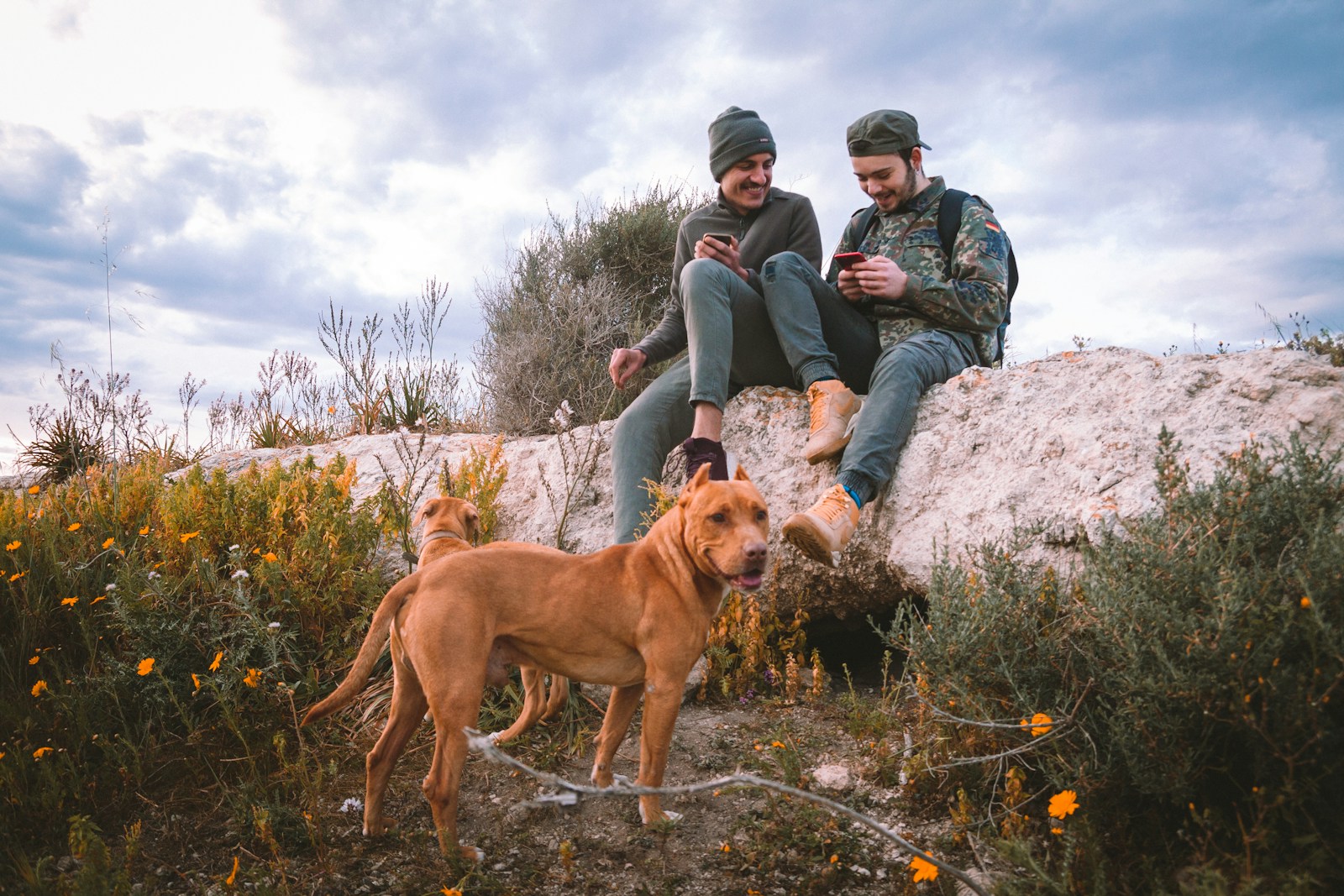
perro de caza

hunting dog
The Spanish phrase 'perro de caza' translates to 'hunting dog' in English. These dogs are typically bred and trained for assisting hunters in tracking and retrieving game, particularly birds. Hunting dogs have been popular among hunters for centuries, and they come in a variety of breeds, each with their own strengths and skills for hunting.
Example sentences using: perro de caza
El perro de caza es muy apreciado en tareas de campo.

The hunting dog is highly valued in field tasks.
In this sentence, the usefulness and value of the hunting dog in field tasks, likely hunting or tracking, is highlighted.
Un perro de caza bien entrenado puede ser un gran aliado.

A well-trained hunting dog can be a great ally.
This phrase emphasizes the potential benefits of training a hunting dog properly, describing it as a useful partner.
En la cacería, ningún olor escapa al perro de caza.

In hunting, no smell escapes the hunting dog.
This sentence comments on the impressive smelling abilities of hunting dogs, which are crucial when hunting.
El perro de caza tiene un instinto natural para rastrear.

The hunting dog has a natural instinct to track.
Here, the natural tracking abilities of hunting dogs are highlighted, stating it as an instinctual behavior.
Criar a un perro de caza puede ser un desafío.

Raising a hunting dog can be a challenge.
This sentence addresses the potential difficulties involved in raising and training a hunting dog.
El perro de caza corre con una velocidad sorprendente.

The hunting dog runs at an amazing speed.
This phrase emphasizes the impressive speed at which hunting dogs can run.
Un perro de caza necesita mucho ejercicio y estimulación.

A hunting dog needs lots of exercise and stimulation.
This sentence suggests that hunting dogs require significant amounts of physical activity and mental stimulation.
Un perro de caza puede oler algo a kilómetros de distancia.

A hunting dog can smell something miles away.
This statement illustrates the exceptional scent-detection abilities of hunting dogs, even from miles away.
Un buen perro de caza nunca pierde el rastro.

A good hunting dog never loses the trail.
This phrase states that effective hunting dogs are persistent and don't easily lose the trail they are tracking.
El perro de caza es el mejor amigo de un cazador.

The hunting dog is a hunter's best friend.
This sentence suggests that hunting dogs are invaluable companions for hunters, a twist on the old saying 'a dog is a man's best friend'.